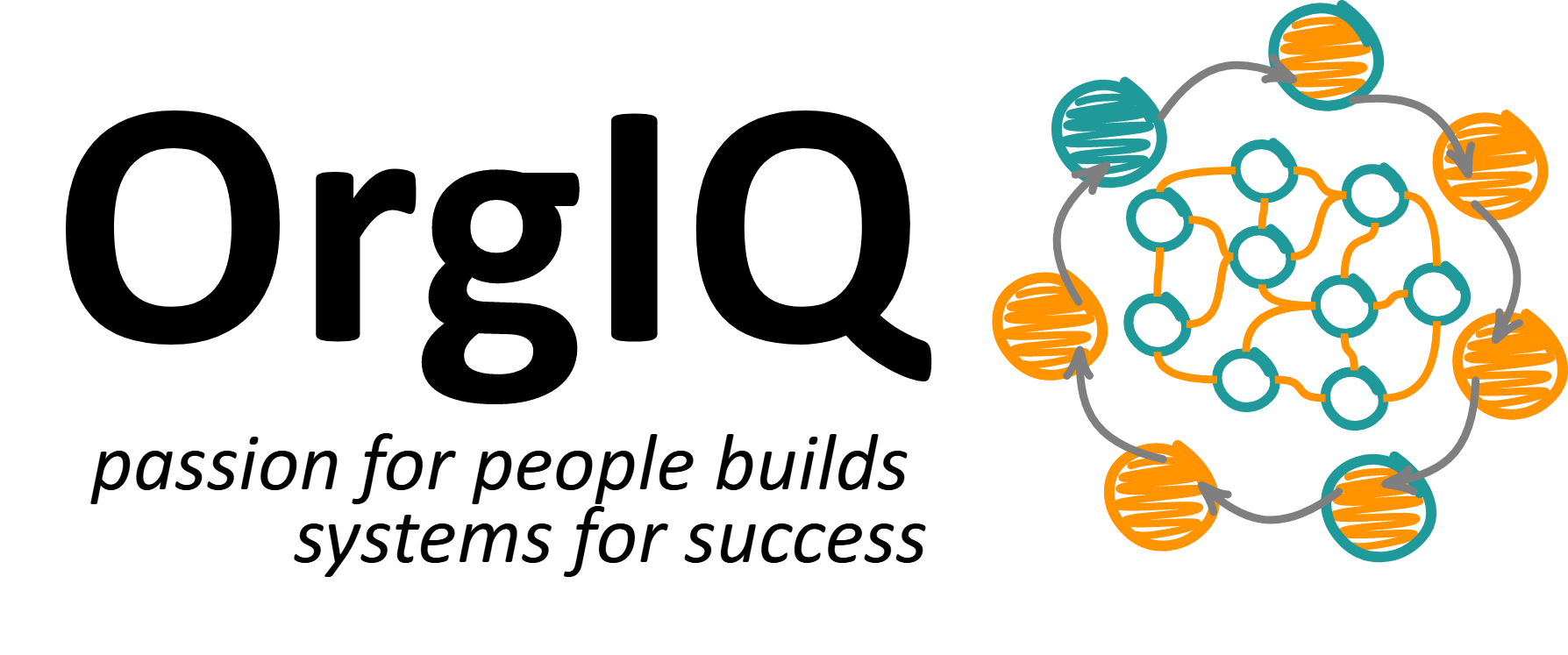The idea behind OrgIQ is not new. We know this. But as you see, we take the concept one step further. But first, let’s look what happened so far …
The concept of organizational intelligence transcends the mere aggregation of individual members’ IQs within a company. It speaks to the collective ability of an organization to harness knowledge, learn from experiences, and adapt to changing environments. This fascinating area of study has been explored by numerous scholars over the years, shedding light on how organizations can effectively navigate the complexities of the modern business landscape.
One of the foundational voices in this field is Karl Albrecht, who introduced the term “Organizational Intelligence” in his 2003 work. Albrecht posited that organizational intelligence is a measure of an organization’s capacity to mobilize all its brainpower and leverage it for competitive advantage. He identified five dimensions of organizational intelligence: strategic vision, shared fate, appetite for change, heart, and alignment of energies.
James D. McKeen and D. Sandy Staples further expanded on this concept in their 2003 article, “The Impact of Organizational Structure on Personal and Group Creativity,” published in the journal Information Systems Management. They argued that an organization’s structure significantly influences its creative output and, by extension, its intelligence in solving complex problems.

Leif Edvinsson and Michael S. Malone’s 1997 book, “Intellectual Capital: Realizing Your Company’s True Value by Finding Its Hidden Brainpower,” explores the idea that the true value of a company lies not in its physical assets but in its intellectual and human capital. This work emphasizes the importance of knowledge management as a key component of organizational intelligence.
More recently, the concept of collective intelligence has been explored in depth by Thomas W. Malone, who in his 2018 book, “Superminds: The Surprising Power of People and Computers Thinking Together,” delves into how groups of individuals and machines can collectively act in ways that seem intelligent. Malone’s work at the MIT Center for Collective Intelligence highlights the importance of leveraging collective intelligence in organizational contexts to solve complex problems more effectively.
In summary, the intelligence of organizations is a multidimensional concept that encompasses strategic vision, creativity, knowledge management, and the ability to leverage collective intelligence. These scholarly works collectively argue that the smartest organizations are those that not only possess high levels of individual intelligence but also excel in mobilizing this intelligence towards a common purpose, adapting to change, and innovating continuously.

Leave a Reply